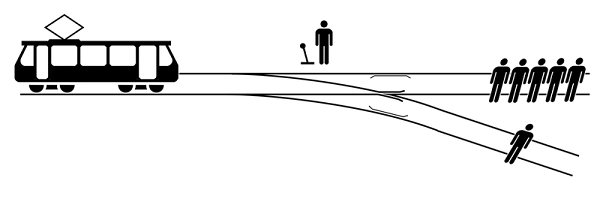Mind-blowing first paragraph, academic paper
Saturday, August 5th, 2017[ by Charles Cameron — this motive for terror in Mumbai totally blindsided me ]
.
Young Ajmal Kasab, from the village of Faridkot in the Punjab, in Mumbai, now deceased
**
Consider this:
Strapped to a gurney and visibly shaken by the bloodied bodies of his fellow terrorists strewn about, Mohammed Jamal Amir Kasab, aged twenty-one, begged his police interrogators to turn off their cameras. They refused, and Kasab’s recorded confession provided the world with a glimpse into the individual motivations of the young men behind the four days of attacks in Mumbai, India. Kasab explained that he “joined the militant group Lashkar-e-Taiba only for money.”1 His was not solely an individual decision, however, and the money he earned from participating in the attacks was not intended to be discretionary income. According to Kasab, his father had urged him to join so that Kasab and his siblings could afford to marry.2 Kasab recounted that his father had told him that his participation would mean that the family would no longer be poor and that they would be able to pay the costs required to finalize a marriage contract. One of the police officers, seemingly ignoring Kasab’s response, pressed, “So you came here for jihad? Is that right?” Crying, Kasab asked, “What jihad?” Lashkar-e-Taiba deposited the promised money in his father’s account after the successful attack; for his participation, Kasab was hanged in 2012 by the Indian government. Whether his siblings were subsequently able to contract marriages as a result of the funds provided by Lashkar-e-Taiba remains unknown.
The paper, by Valerie M. Hudson and Hilary Matfess, is published by MIT Press in International Security, Volume 42 Issue 1, Summer 2017, p.7-40 under the title, In Plain Sight: The Neglected Linkage between Brideprice and Violent Conflict.
How little we know, how little we suspect, how diverse the world is, how varied the motives at play, even in matters that we study and feel we’ve grasped.
**
The paragraph above stands as a fitting anecdotal confirmation of Will McCants:
The disappoint stems from the desire to attribute the jihadist phenomenon to a single cause rather than to several causes that work in tandem to produce it. To my mind, the most salient are these: a religious heritage that lauds fighting abroad to establish states and to protect one’s fellow Muslims; ultraconservative religious ideas and networks exploited by militant recruiters; peer pressure (if you know someone involved, you’re more likely to get involved); fear of religious persecution; poor governance (not type of government); youth unemployment or underemployment in large cities; and civil war. All of these factors are more at play in the Arab world now than at any other time in recent memory, which is fueling a jihadist resurgence around the world.
If anyone elevates one of those factors above the others to diagnose the problem, you can be certain the resulting prescription will not work. It may even backfire, leading to more jihadist recruitment, not less.







